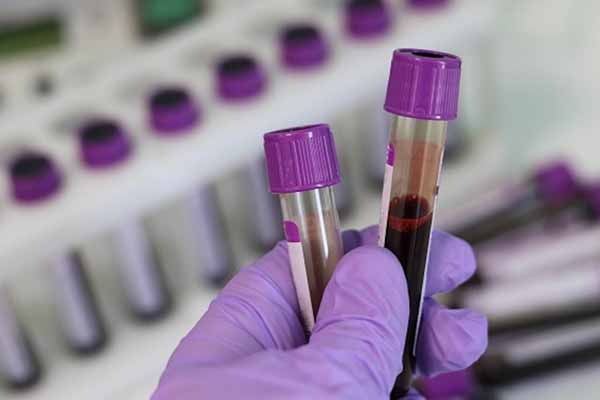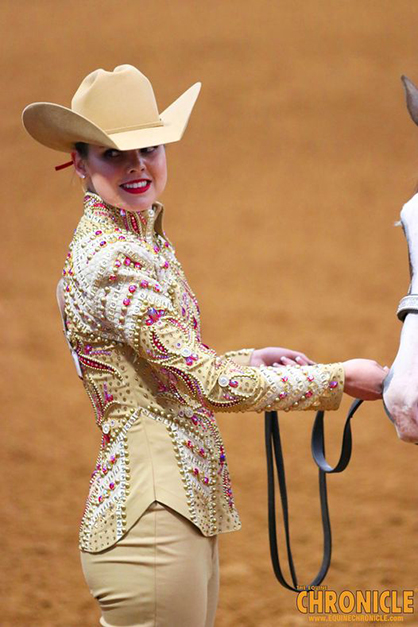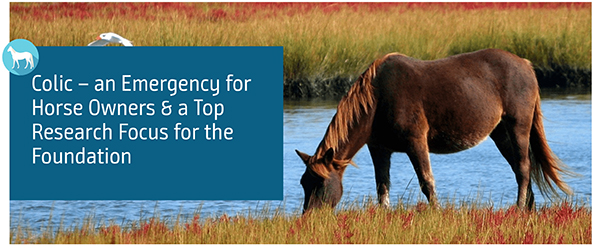The Foundation for the Horse Accepting Grant Proposals from Emerging Equine Researchers
April 7, 2022 Comments Off on The Foundation for the Horse Accepting Grant Proposals from Emerging Equine Researchers
The Foundation for the Horse is accepting research grant proposals from up-and-coming equine researchers, including AAEP-member graduate students, fellows, and residents, for up to $20,000 in funding for the study of key diseases and disorders affecting equine health. In the program’s first three years, The Foundation has awarded a cumulative $326,398 to fund 17 projects at seven universities and institutions in support of exceptional science conducted by 15 emerging researchers.
Continue reading …UF Veterinary College Appoints Two Associate Deans
April 4, 2022 Comments Off on UF Veterinary College Appoints Two Associate Deans
A board-certified large animal medicine specialist, Sanchez’s specific interests include gastrointestinal diseases and neonatology. She heads the UF Hofmann Equine Neonatology Intensive Care Unit and her research in the area of gastric ulcerations in foals has changed the therapeutic approach in clinical care.
Hens and Horses- Can They Coexist?
March 25, 2022 Comments Off on Hens and Horses- Can They Coexist?
Horse owners can find multiple benefits in adding chickens to their operation. Not only are they fun to watch, but the chickens can serve a purpose!
Continue reading …Rethinking the Horse Business 2022 – Succeeding in a Changed World
March 22, 2022 Comments Off on Rethinking the Horse Business 2022 – Succeeding in a Changed World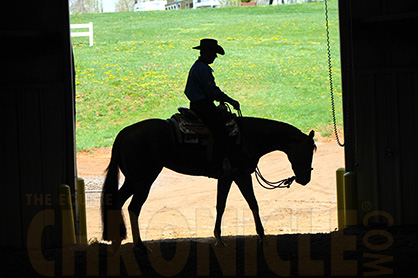
“Rethinking the Horse Business” covers essential information about how the economy, horse industry trends, and the digital media marketplace are affecting horse business owners. Horse professionals will gain important insights and strategies to help them succeed in the current business climate and beyond.
Continue reading …Foundation Announces Studies Focusing on Horse Behavior and Welfare
March 22, 2022 Comments Off on Foundation Announces Studies Focusing on Horse Behavior and Welfare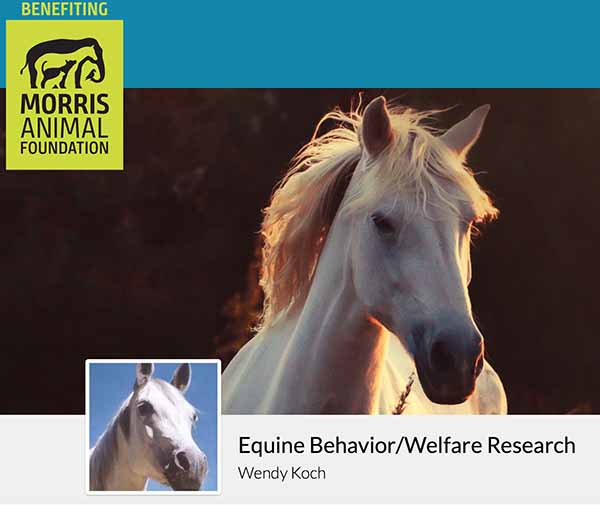
Morris Animal Foundation, a leader in advancing animal health, recently announced the selection of five new equine behavior studies receiving funding in 2022. The studies will help veterinary scientists improve the well-being of horses. Dr. Wendy Koch, a veterinarian who has supported the Foundation for 30 years, provided funding for awarded grants. She noted that […]
Continue reading …Equine Non Profits Granted Nearly $110,000 by USA Equestrian Trust, 2022 Deadline is April 27th
March 13, 2022 Comments Off on Equine Non Profits Granted Nearly $110,000 by USA Equestrian Trust, 2022 Deadline is April 27th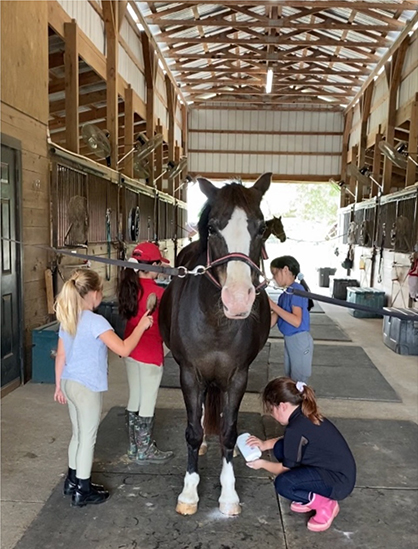
“USA Equestrian Trust’s support helped us fulfill the needs of our girls as well as our horses. We are so proud to have helped hundreds of girls over the years become successful, contributing members of society. All of the girls who have come through our program have graduated high school, and more than 95% have gone on to college, trade school or the military,” said Founder and Executive Director Mindy Morrow.
Continue reading …Equine Law 101- Lunch and Learn With NSBA
March 1, 2022 Comments Off on Equine Law 101- Lunch and Learn With NSBA
Navigating setting up an LLC can be confusing for even the most experienced business owners. Join equine attorney, Yvonne Ocrant, and the NSBA Foundation every Friday in March outside Ralph’s Burger and Sandwich Shop at the World Equestrian Center in Ocala, FL between 12:00pm – 1:00 pm for a complementary lunch and to ask the […]
Continue reading …








